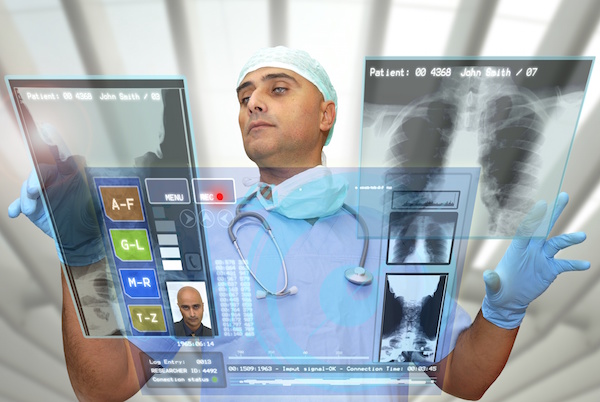
WEDNESDAY, April 15, 2015 (HealthDay News) — Older Americans get a lot of unnecessary tests before they undergo cataract surgery, a new study suggests.
Experts said the findings highlight an area of wasteful health care spending. Plus, they said, there is a risk for harm if the tests pick up a mild abnormality that prompts further tests, then turns out to be nothing.
Cataracts are protein clumps that cloud the eye’s lens. They are exceedingly common among older adults, and cataract surgery is considered one of the most routine and safe procedures performed in the United States.
“It’s the prototypical low-risk surgery,” said Dr. Catherine Chen, the lead researcher on the new study and a resident physician in perioperative care at the University of California, San Francisco.
The procedure involves replacing the eye’s cloudy lens with an artificial one.
“It takes 10 to 15 minutes for one eye,” Chen said, “and it uses local anesthesia.”
Because of that simplicity, guidelines from the American Academy of Ophthalmology and other groups say there is no need to routinely do tests ahead of cataract surgery.
Yet, Chen’s study — reported April 16 in the New England Journal of Medicine — found that more than half of Medicare patients who had cataract surgery in 2011 underwent at least one test beforehand.
That included blood work, urine tests to measure kidney function, and tests of heart and lung function — such as exercise stress tests and electrocardiograms.
Chen stressed, however, that “this doesn’t mean doctors are doing it for the money.”
For years, it was simply standard practice to do preoperative testing, she said. Cataract patients are usually elderly and often have chronic health conditions, so it was considered prudent to “be thorough,” Chen explained.
And years ago, cataract surgery took longer and was more extensive than it is today, she added.
Guidelines advising against routine testing came out in 2002. Chen said research shows that it takes an average of 17 years for new guidelines to become pervasive in everyday medical practice.
“So we weren’t actually surprised by our findings,” she said.
Most people eventually develop cataracts with age, according to the U.S. National Eye Institute. By age 80, the agency says, 70 percent of white Americans have cataracts, as do more than half of blacks and about 60 percent of Hispanics.
People can often deal with cataracts by getting a new eyeglass prescription or using brighter lighting. But once their vision problems get in the way of daily life, surgery is the only effective treatment, the eye institute suggests.
The new findings are based on Medicare records for nearly 441,000 patients who had cataract surgery in 2011.
Chen’s team found that 53 percent had one or more tests in the month before their surgery, and the main driving factor was eye doctor preference, rather than patient health.
Roughly one-third of ophthalmologists ordered tests for nearly all of their patients, the study found.
The most common tests were ones that seem like “no big deal” — blood tests, urine analysis and EKGs (where electrodes placed on the skin measure the heart’s electrical activity), Chen said.
But, she added, Americans undergo close to 2 million cataract surgeries each year. “So the costs add up,” Chen said. “And those are health care resources that might be better used elsewhere.”
It’s not that older patients should never undergo tests ahead of cataract surgery. If you have a newly diagnosed medical condition, for example, your doctor might order a test to make sure you are up for the procedure, Chen noted.
“If your doctor does recommend a test,” Chen said, “you should feel free to ask why. What is the doctor looking for? Is this necessary?”
Dr. Randall Olson is chairman of the American Academy of Ophthalmology’s cataract preferred practice patterns panel. He said the academy “has and continues to support the position that pre-operative medical testing is not routinely recommended for cataract surgery.”
Olson said the new study was limited because it didn’t “identify who ordered the services. This could have been anyone on the care team — anesthesiologists, internists, primary care physicians, nurse practitioners or physician assistants, not just ophthalmologists.”
He said the academy continues to encourage ophthalmologists to review its “evidence-based clinical guidelines on pre-operative testing for cataract surgery for further information on our recommendation.”
More information
The U.S. National Eye Institute has more on cataracts.
Copyright © 2024 HealthDay. All rights reserved.

